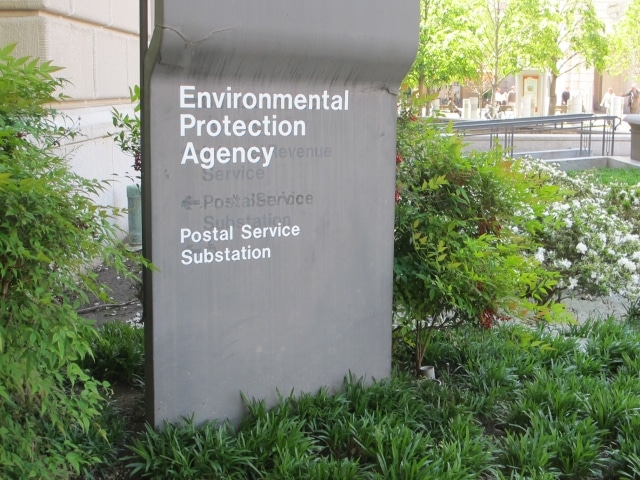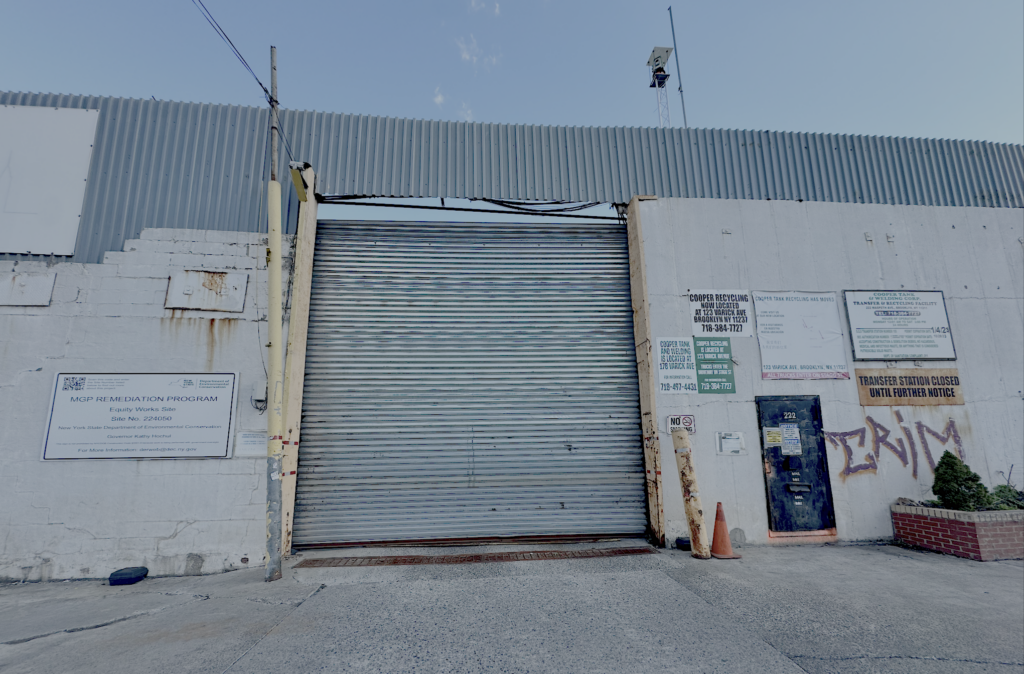Our latest DeSmog UK epic history post details the penetrating impact ExxonMobil had on US energy policy during the Bush era.
One year into US President George W. Bush’s reign and the fruits of ExxonMobil’s labours were already being felt.
The US had crippled Kyoto by pulling out of the global agreement and the Intergovernmental Panel on Climate Change (IPCC) had lost its most outspoken communicator when Robert Watson was ousted by Bush at Exxon’s request.
Nonetheless, the administration were not feeling confident of their ground. A leaked 2002 memo from leading Republican consultant Frank Luntz warned that the party had nearly “lost the environmental communication battle” and urged the party to exploit the public’s uncertainty on the scientific consensus in order to further their agenda.
“Should the public come to believe that the scientific issues are settled, their views about global warming will change accordingly,” wrote the pollster, “You need to continue to make the lack of scientific certainty a primary issue in the debate.”
The proud wordsmith advised: “As Republicans, we have the moral and rhetorical high ground when we talk about values like freedom.”
Internal Memos
One threat to the environmental battle was a forthcoming report being produced by Christine Whitman, head of the US Environmental Protection Agency (EPA), who had lost her battle with Bush on CO2 regulation a year before.
Whitman was having a hard time getting her work approved. A Climate Action Report was to be submitted to the UN in May 2002. But, internal EPA memos complained of the heavy editing that the report underwent from Bush’s staff.
The White House had removed the report’s summary on why “Climate change has global consequences for human health and the environment,” and EPA employees complained that, in the edits, “emphasis is given to a recent, limited analysis [which] supports the administration’s favoured message,” so that the report “no longer accurately represents scientific consensus on climate change.”
Climate Cogs
Despite the editing, the published report forecast major impacts on the continental United States, called for action to minimise harm, and stated that the impacts would no longer be preventable only through emissions reductions.
Though not in any way controversial, the Climate Action Report was a devastating result for the denial machine. But it had other cogs in motion.
In June 2001, Bush had appointed a young lawyer as chief of staff to the White House Council on Environmental Quality. Phil Cooney, as well as having no formal scientific training, was a 15-year veteran of the American Petroleum Institute (API), where he had risen through the ranks to become head of the API’s “Climate Team”.
The API were the Exxon-funded industry lobbyists who were the masterminds of the leaked 1998 Climate Action Plan, which acted as a blueprint for the industry’s activities to combat climate action over the years.
Deep Concerns
Amongst the other free market thinkers involved in the Action Plan was Myron Ebell, who was then working for Frontiers of Freedom (FoF) – a think tank whose mission was “to promote conservative public policy based on the principles of individual freedom, peace through strength, limited government, free enterprise, and traditional American values as found in the Constitution and the Declaration of Independence.”
However, Ebell left FoF shortly after and moved to the Koch-funded Competitive Enterprise Institute (CEI). It was thought to be through Ebell’s reputation that CEI became ExxonMobil’s Libertarian think tank du jour. In 2003, the oil giant’s donations made up 16 percent of their budget.
Cooney was deeply concerned by Whitman’s EPA report, and enlisted Ebell from the CEI to help him deal with the report.
“Thanks for calling and asking for our help,” Ebell responded to Cooney in an email dated 3 June 2002. After insisting that the administration must publicly condemn the report, Ebell discussed damage limitation strategies.
He suggested that “the fall guy (or gal) should be as high up as possible… Perhaps tomorrow we will call for Whitman to be fired.”
Fact Editing
When Cooney later came to trial in March 2007, a House hearing on interference in global warming research found that, while at the White House, Cooney had edited out hundreds of fact-based findings in government reports.
Similar activity was recorded at the US Department of Energy around this time. Several recommendations from energy industry representatives were written into the White House’s national energy report and into an executive order signed by President Bush.
In one case, the API submitted a proposed draft executive order on energy policy concerning government regulations affecting energy supply. Two months later, Bush signed an executive order that the council’s lawyers said was nearly identical in structure and language to the trade group’s proposal.
Next time the DeSmog UK epic history series examines the troop of climate sceptic scientists funded by ExxonMobil to attack Michael Mann’s hockey stick graph.
Photo: NRDC via Flickr
Subscribe to our newsletter
Stay up to date with DeSmog news and alerts







